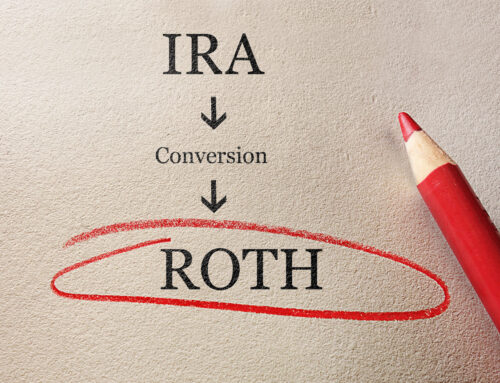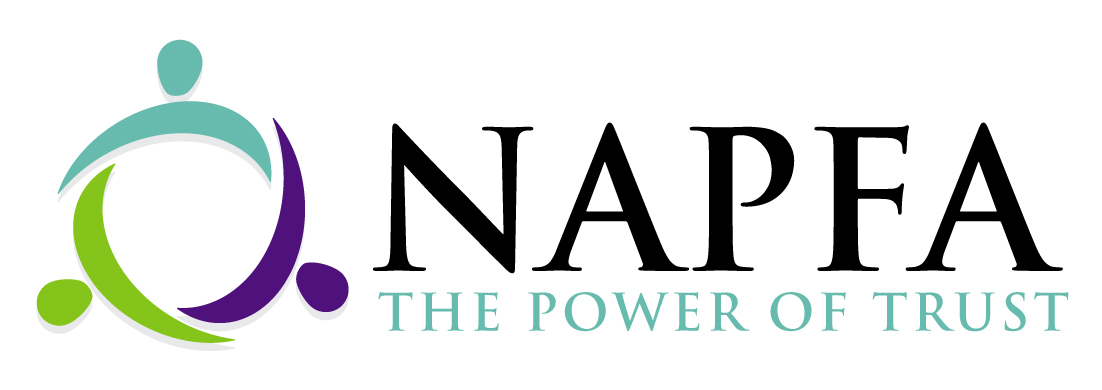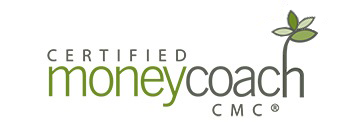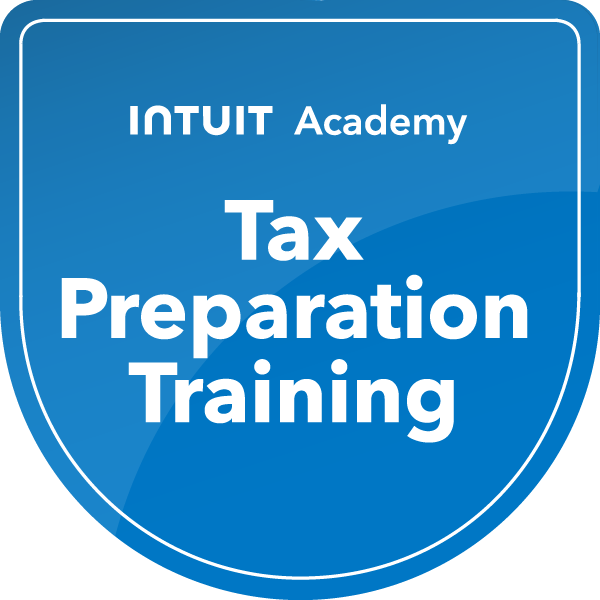“Am I financially OK?” is undoubtedly the most frequently asked question that I receive. As you might expect, there is not a one-size-fits-all answer, and many feel stuck when making financial decisions. However, here are a handful of things that may help guide you from a place of uncertainty or anxiousness toward one of clarity.
Where I Am Today
Starting with an understanding of what is coming in and going out, you can determine how best to meet your future needs. Inflows are various streams of money from things like salary, bonus, self-employment income, rental income, or investment income (interest and dividends). Outflows include your living expenses, debts, after-tax contributions to savings, and investments. When reviewing your outflows, be mindful of what proportion of debt comprises your net income as this is often a place that people get themselves into trouble.
Aligning to Your Goals & Values
Becoming clear on your goals and prioritizing them will help you focus on what is most important when making financial decisions. Your goals should always align to your values, and by getting clear on what matters most, you are better positioning yourself to live with congruency.
It is common to have multiple goals that are competing in priority, so you will want to consider that when planning. And when it comes to investing, many people’s mindset is obtaining the highest return possible. I would instead encourage you to consider what return is needed to help you achieve your goals so as not to take on more risk than you need.
Where I Want to Be in The Future
Often there are different timelines for each of your goals. Examples include preparing to purchase your first home, replacing your car, your children’s college education, your retirement, etc. Specifically with retirement, there are three stages to consider, and your spending will vary with each.
It is especially important that each of your goals has a specific investment strategy. And be sure you have built in a cash contingency for emergencies, such as if a health issue or sudden loss of income occurs.
Ways To Achieve My Goals
Automatic savings is a simple and highly effective way to help you achieve your future financial goals. This has been confirmed through a program developed over 30 years ago by Nobel laureate Richard Thaler and his research partner, Shlomo Benartzi, called Save More Tomorrow (SMarT), where employees with access to their employer’s retirement plan were prone to save more money when it was automatically deducted from their paycheck.
Gifts, inheritances received, and even tax refunds, should be viewed as ‘found money’ and rather than spending all of it, consider enjoying 25% and investing the rest.
Staying the Course
Remaining disciplined with your finances is by far one of the most difficult things for people to navigate, as emotions and outside ‘noise’ from the media are constantly at play. Quite often, lack of follow-through and staying the course through the ups and downs of the market will hamper people from achieving their financial goals.
Focus On What You Can Control
Match your financial goals to your life goals. Do not get caught up in what your neighbor or colleague is doing as their goals are going to be completely different from yours.
Tax awareness and tax efficiency should be integrated into all your investment and savings decisions.
Properly diversify your investments. Take on only as much risk as you need and that you can be comfortable with.
“Time in the market is better than timing the market.” Academic research shows that staying disciplined through the ups and downs of the market has rewarded investors.
























